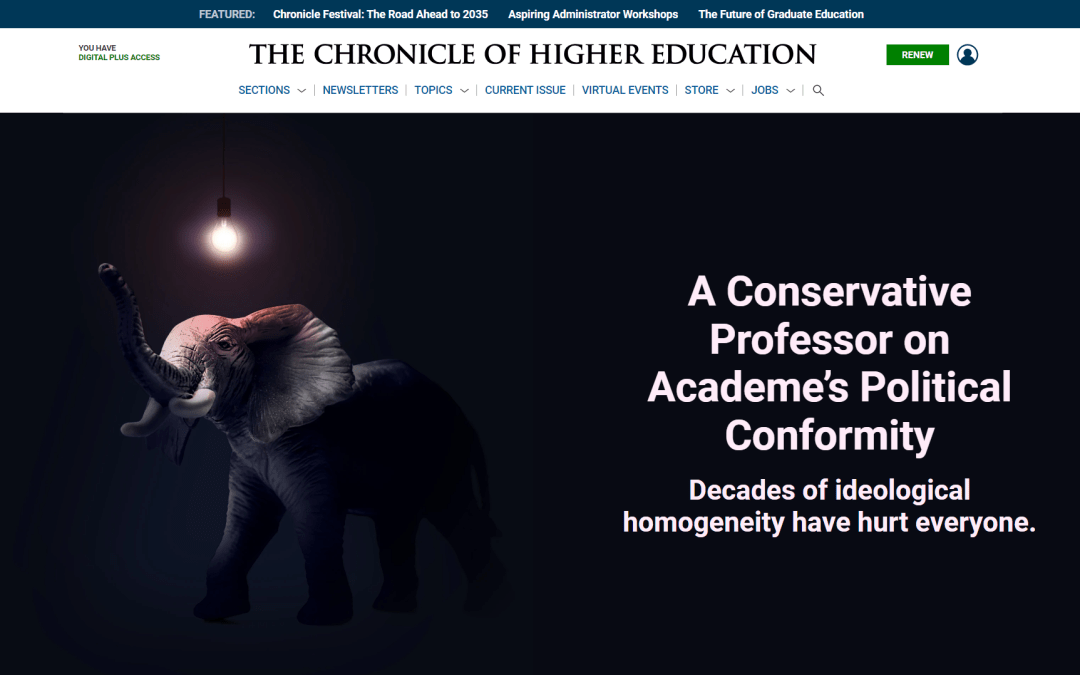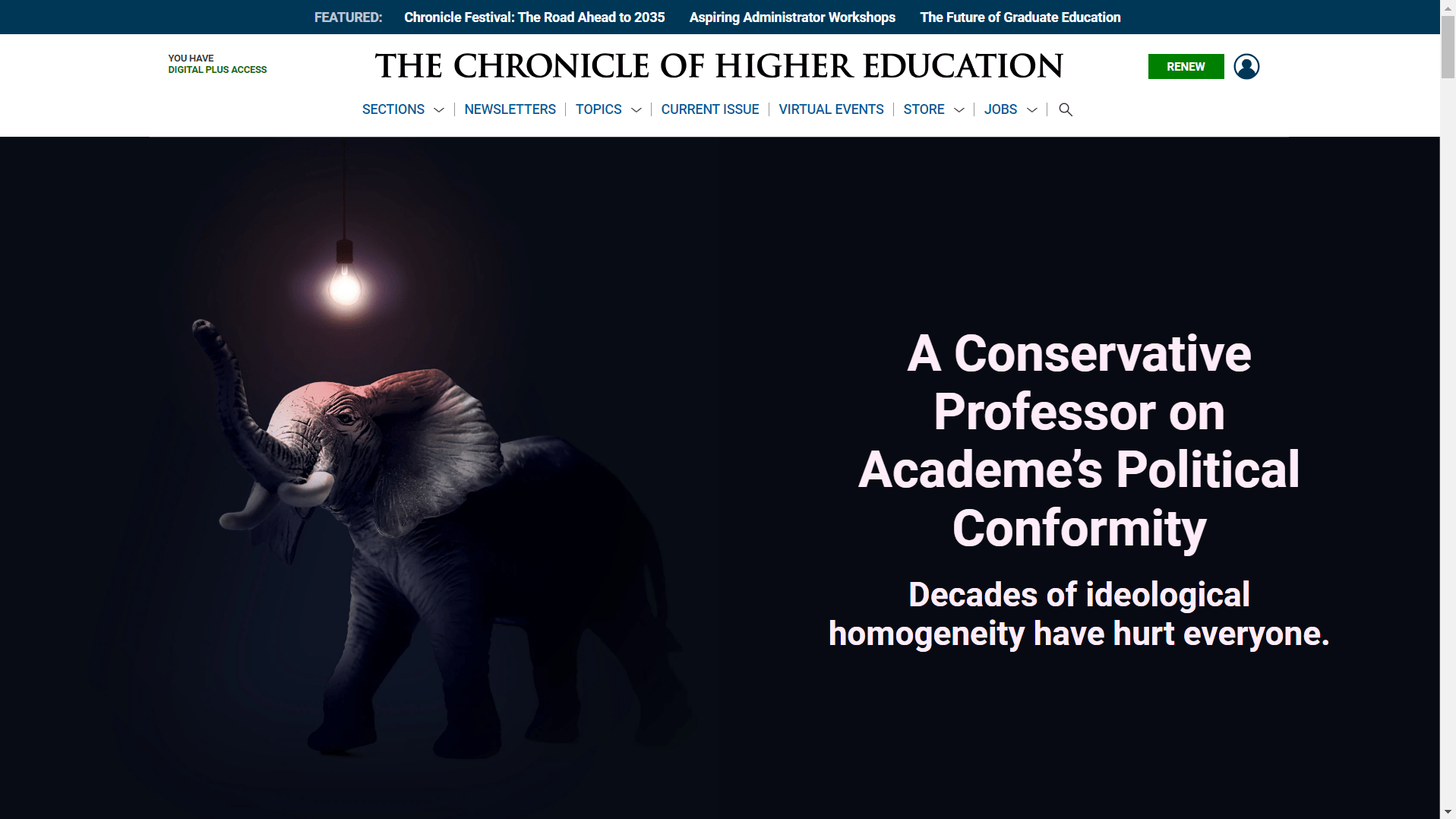
Populist Nationalism Will Not Deliver; We have been Here Before, many times…
Recently, June 2024, I participated in an online workshop on Conservative Public History international forum. It revealed that, what we are experiencing in Australia, is the same across the planet: “Across the world right-wing popular political movements are harnessing the past as a means for attacking and challenging liberal consensus.” It is neo-conservative propaganda, that we see in the writing of J.D. Vance, and not the ideas of traditional conservatism. Propaganda, first and last.
In the international forum I spoke of Australia’s “state rights” nationalism, which had existed since (at least) 1937. The phenomena also parallel the American state rights movements, and since 1942 the American sociological model(s) has shaped Australian society (parochial-thinking societies). The outcomes have not been good for a fairer society, and even a prosperous society. The subtle right-wing narratives (conventional corporatism), and the less subtle (violent fascism), are self-defeating.
This is clear for anyone who reads the substantial and critically-thinking literature. I would recommend two sociological-historians, Susan Jacoby and Russell Jacoby (same family name?). From these work, in previous published works, I have made several critical points on American-Australian cultures. There has been contemporised analysis of why the American culture has contributed to such a global polemic condition (Jacoby, 2008). One does not need to choose between any of these sociological or historical sociology theses. Each, and all, theses would tell social media readers what the set of problems are in the larger scoping, and some ways out, if only they read scholarly tomes.
Russell Jacoby, in The Last Intellectuals: American Culture in the Age of Academe (1987), traces the decline of urban bohemia, the rise of suburbia, and the drawing of New Left activists into the academic establishment. ‘Conservative’ commentators decry the insights of Russel Jacoby calling him “a crackpot.” The judgement of these “right-wingers” is wilful ignorance. With the sociology of knowledge, Jacoby has been very preceptive in how American history and sociology has rolled out in the last 30 years; critical observations in the twentieth-century, and twentieth-first, fields of European and American intellectual and cultural history.
Susan Jacoby’s Freethinkers: A History of American Secularism was named a notable book of 2004 by The Washington Post and The New York Times [sources: Wikipedia]. In The Age of American Unreason(2008) Jacoby contends that the dumbing down of America, which she describes as “a virulent mixture of anti-rationalism and low expectations”, is more a permanent state than a temporary one[7] whose basis is the top down influence of false populist politicians striving to be seen as approachable instead of intelligent.[7] Jacoby believes that the separation of church and state offered people the possibility to disagree with their church without having to oppose the established political order, which would have been impossible under a system where church and state were united. I agree with both Jacoby’s in their sociological assessment and I believe these assessments will greatly help prevent the stupidity of our Australian political decision-makers.
In the meantime, there is the phenomenon of Trumpism, a part of the Populist Nationalism phenomena. The Atlantic magazine has been particularly insightful in taking apart the phenomenon, and critiquing the failing narratives, and, along the way, a few suggestions for real solutions. For example, Cassie Chambers Armstrong’s article, “‘Hillbilly’ Women Will Get No Help From J. D. Vance: He has no business speaking for Kentucky,” in the online page, July 19, 2024, 7:31 AM ET. Armstrong, and other writers of the magazine, demonstrate the local failures of the Populist Nationalism, and also demonstrate why politicians, such as J. D. Vance, do not represent the benefits of local interests.
What has gone wrong with our ways of thinking that populist nationalism has put our lives in a hole? There are many answers I am exploring in my scholarship. One is Colin Dickey’s “The Scholar Who Inspired a Legion of Cranks: The vexed legacy of Charles Fort” (The Chronicle of Higher Education, July 16, 2024). Charles Fort (1874-1932) was a populist writer who specialized in anomalous phenomena. Anomalistics is the use of scientific methods to evaluate anomalies (phenomena that fall outside current understanding), with the aim of finding a rational explanation. That part of the definition sounds like it is reasonable, but to go on to the abusive and greatly distorted narrated phenomena, is this part of the definition: “being the ‘serious and systematic study of all phenomena that fail to fit the picture of reality provided for us by common sense or by the established sciences.'” Defining reality by common sense is, today, is so controversial and contentious, in the philosophical world, that it is a Misnomer. It is not to say that there is not a place for the common-sense concept; there is as the pre-critical form. The notion of “established sciences” is a misnomer in the cognition field of the philosophy of science. The nonsense of Donald Trump and J.D. Vance is rejected by all intelligent philosophers. It is a matter of the ongoing learning in the fields of epistemology and ontology, and Trump and Vance are only practicing wilful ignorance. Science is ‘never‘ (meaning only in the rhetoric of the “story of science”) established once-for-all and nothing can be further critically said. That positive argument – as said and believed, “Science is established once-for-all and nothing can be further critically said” – is even not common-sense, and that is because the counter-argument is known as reasoned skepticism.
The American national mythology, as we review Richard Hofstadter (1955, re-issued 1988; 1963;1965; rev. edition, 2008), Susan Jacoby (2008), and Russell Jacoby (1987; 1999; 2005; 2011; 2020), can be seen as another answer, and, in fact, the all-encompassing problem Ideal. Here the problem is how the ideal is misunderstood, unhistorical. A better historical understanding shows that history is not myth; and persons are making decisions to be wilful ignorance. There is another part of the problem Ideal. In being misunderstood, the myth is not practiced. Donald Trump and J.D. Vance are not practicing the American national mythology as in its historical intentionality. The American state militias were never meant to become a permanent military force to defend state rights; least of all its violent rhetoric and its violent historical incidents.
Another fact in the problem Ideal of the American national mythology is regionalism. This is clearly seen in J.D. Vance’s Hillbilly Elegy: A Memoir of a Family and Culture in Crisis (2016), and the intellectual criticisms in the volume of Anthony Harkins’ and Meredith McCarroll’s (Editors) Appalachian Reckoning: A Region Responds to Hillbilly Elegy. Appalachian Reckoning is a retort, at turns rigorous, critical, angry, and hopeful, to the long shadow ‘Hillbilly Elegy’ has cast over the region and its imagining. The criticism, simpler, is that J.D. Vance does not understand the Appalachian region and he is politically abusing the persons of the region in his narrow imagining of the region. As a scholar in the field of American-Australian regional histories, I have produced a more comprehensive understanding of a few American regions, such as in “The Grapes of Wrath: A Retrospect on the Folkish Expression of Justice in Popular Culture and Family.”
In Australia, I have also written about Australian regionalism. Unfortunately, it largely gets ignored; wilful ignorance. Stan Grant, a journalist in Australia, and someone who I never been afraid to make nuanced, scholarly criticism, wrote a recent piece, “Understanding Donald Trump” (The Saturday Paper, July 20 – 26, 2024 | No. 509), and Stan says it very correctly:
“Once again, the media is apparently surprised at political violence in the United States. Shocked, sombre journalists, news anchors and pundits filled the airwaves after the assassination attempt on Donald Trump, each failing to see what is right in front of them: this is not out of character; this is America.”
It is America, Stan! And it is becoming to be Australia. It is the history in the evolution of Populist Nationalism.
REFERENCES
Armstrong, Cassie Chambers (2024). “‘Hillbilly’ Women Will Get No Help From J. D. Vance: He has no business speaking for Kentucky,” The Atlantic, July 19, 2024, 7:31 AM ET
Bourke, Paul (1976). Politics and ideas: The work of Richard Hofstadter, Historical Studies, 17:67, 210-218, DOI: 10.1080/10314617608595548
Brown, David. (2006). Richard Hofstadter: An Intellectual Biography, University of Chicago Press.
Buch, Neville (2024). Buckley in Australia: Considering Local Social Discourses among the Australian States, (1938-1987), 4 June 2024, Public Conservative Workshop international forum. University of Manchester.
Grant, Stan (2024). “Understanding Donald Trump,” The Saturday Paper, July 20 – 26, 2024 | No. 509.
Hofstadter, Richard (1955, re-issued 1988). The Age of Reform: From Bryan to f.d.r., New York: Random House USA Inc.
Hofstadter, Richard (1963). Anti-intellectualism in American Life, New York: Random House USA Inc.
Hofstadter, Richard (1965; rev. edition, 2008) The Paranoid Style in American Politics, and Other Essays, New York: Random House USA Inc.
Jacoby, Susan (2008). The Age of American Unreason in a Culture of Lies, Vintage Books.
Jacoby, Russell (1987). The Last Intellectuals: American Culture in the Age of Academe, Basic Books, New York, NY.
Jacoby, Russell (1999). The End of Utopia. Politics and Culture in an Age of Apathy, Basic Books, New York, NY.
Jacoby, Russell (2005). Picture Imperfect: Utopian Thought for an Anti-Utopian Age, Columbia University Press.
Jacoby, Russell (2011). Bloodlust: On the Roots of Violence from Cain and Abel to the Present, Free Press, New York, NY.
Jacoby, Russell (2020). On Diversity: The Eclipse of the Individual in a Global Era, Seven Stories Press, New York, NY.
Featured Image: AfD poster for the 2021 German federal election. Berlin, Germany – September 2, 2021: Election campaign poster of AfD Alternative fuer Deutschland, nationalist and right-wing populist political party. Photo 228957809 © Cineberg Ug | Dreamstime.com




